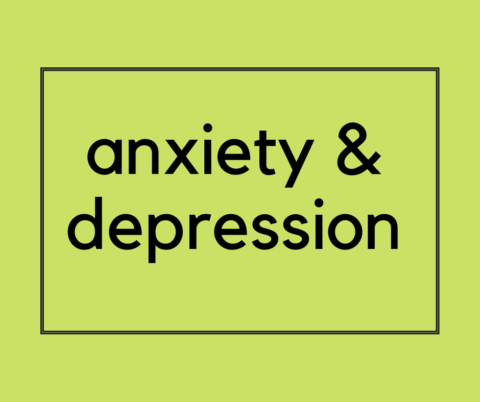
Effects of trauma on the brain
Trauma refers to any deeply threatening or disturbing event, ranging from (witnessed or experienced) abuse to major disasters that overwhelms our coping capacity. Understanding how trauma impacts us and why we respond in certain ways is key to healing. When we encounter acute stress, the part of our brain called










